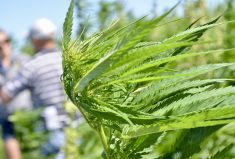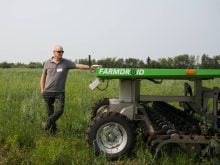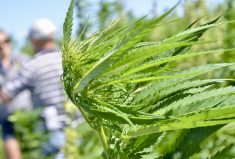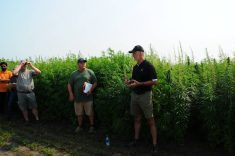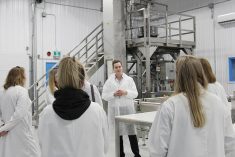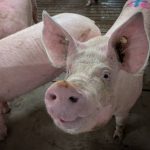Lyall Bates has high hopes for CBD.
“I think the extraction equipment is here and even with the regulations and the laws, I think it’s ready,” Bates said. “I think the farmers now just have to get a little more educated (on) how to take these crops off and how to save the strains.”
Maximizing CBD will prove the sharpest learning curve on the farm, Bates suggested, since CBD levels must be high enough to offset extraction costs and the agronomy of growing hemp specifically for CBD is still relatively unknown.
Read Also
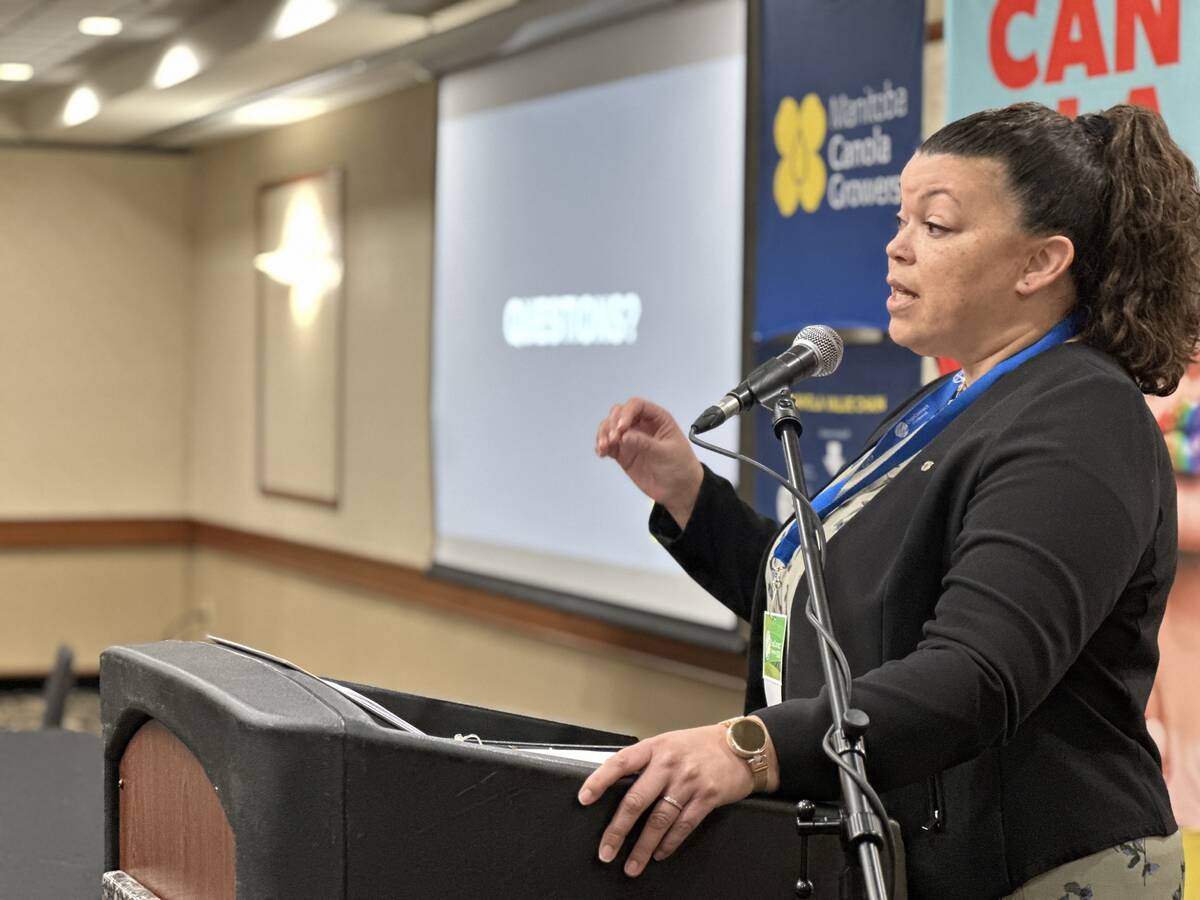
No checkoff decision yet for Manitoba canola growers
Manitoba Canola Growers Association hits pause on any increase in the per-tonne levy for farmers as funding gap widens.
This year was the first that farmers were allowed to harvest branches, leaves and flowering heads from hemp, all parts that contain cannabidiol (CBD) — one of the chemicals that hemp has in common with cannabis and that is commonly extracted as a nutraceutical — which previously had to be destroyed. Canada’s new hemp rules, however, allow producers to harvest and sell those parts of the plant, part of a swath of changes in the wake of legal cannabis.
Why it matters: The hemp industry is starting to explore what a hemp-derived CBD market will look like, and Hemp Sense in Gilbert Plains is one of the processors hoping to see it become a reality. The founder and president of Hemp Sense in Gilbert Plains, Lyall Bates expects hemp-derived nutraceuticals to become a major driver for his company and the company is already hitting the field to work the kinks out of harvest.
Hemp Sense currently has a patent pending on square or round hemp baling and separation of buds and leaves. In another pending patent, the company is working on a process where plant tops are clipped and hemp is either dried in the field and baled, put to silage or delivered to a processor for CBD extraction.
Hemp Sense is one of the major success stories when it comes to Canadian hemp fibre, a market that most expected to explode when hemp first became legal in the ’90s, but quickly lost ground to hemp grain markets.
For Hemp Sense, however, the money came in the form of lower-quality fibre, derived from the entire stalk rather than the decortication crucial to garment-grade hemp. The company has since created a niche based on animal bedding, cat litter, soil additives and absorbants.
CBD, however, may add a new dimension to the business.
The company hopes to bring CBD into the pet industry with a line of food products, all with a CBD additive.
“We have to get through the legal hurdles first,” Keith Watson, a long-time hemp breeder and crop diversification specialist said.
Both Watson and Bates spoke on behalf of Hemp Sense during the recent Canadian Hemp Trade Alliance conference in Winnipeg.
Hemp-derived CBD is regulated as cannabis under the Cannabis Act, and any processor must have a cannabis-processing licence, rather than the more easily granted hemp licence, to extract the chemical.
“You can see with the laws, they’re dropping some, they’re changing some, they’re trying to fit it in where it’s all going to work,” Watson said. “I think it will all work out within a couple of years. Probably, we’ll all be looking back, saying we had to go through these steps.”
Experts have already noted the potential synergies between fibre and CBD. Harvest timing is likely to be similar for both crops, Chris Dzisiak of the Parkland Industrial Hemp Growers has noted, although he added that variety differences may make it difficult for hemp harvested for CBD to meet quality standards.





